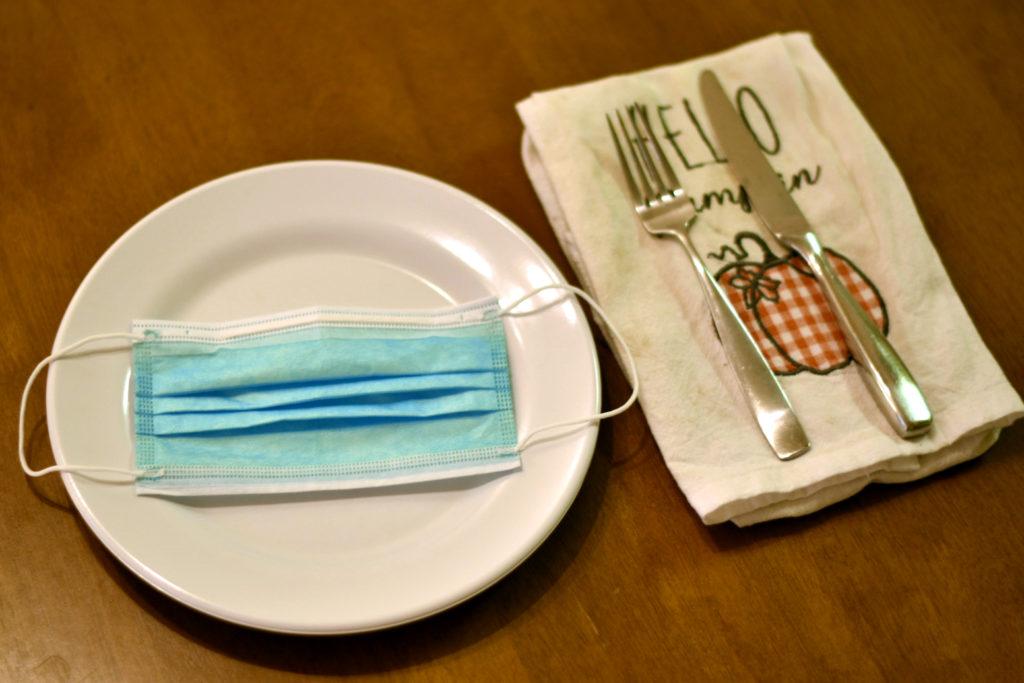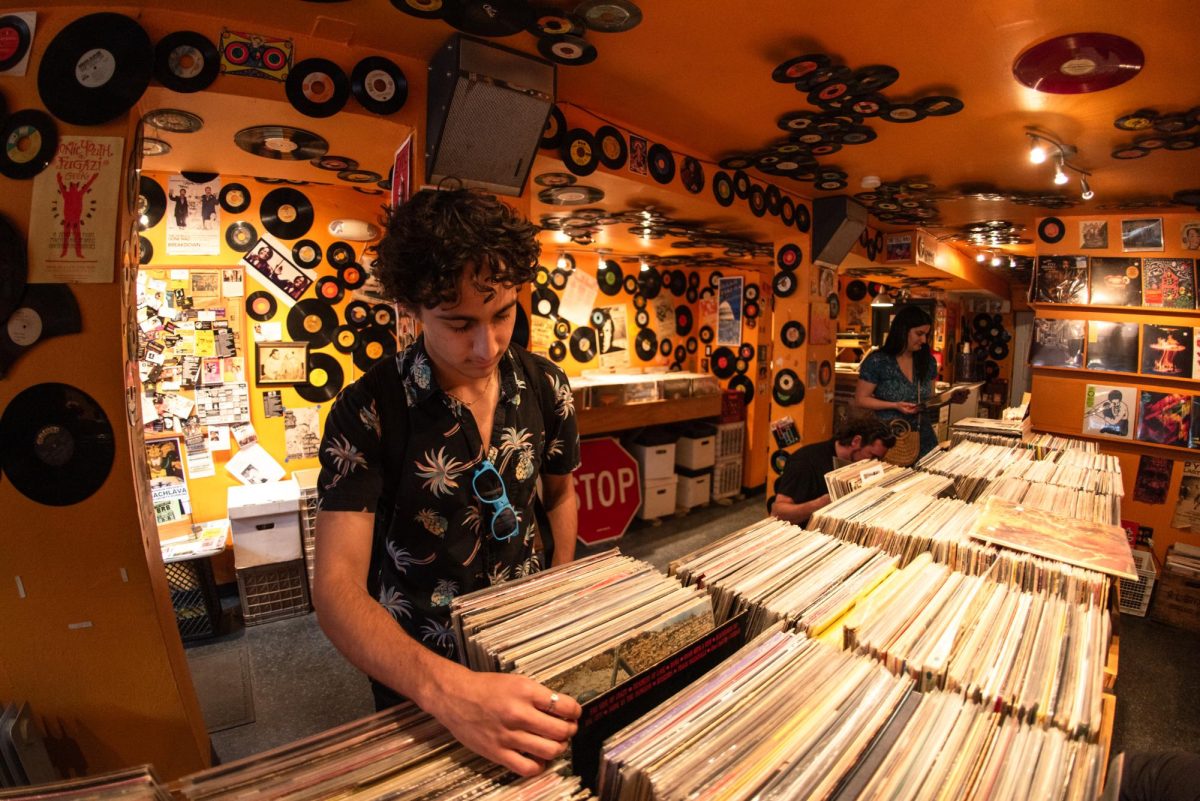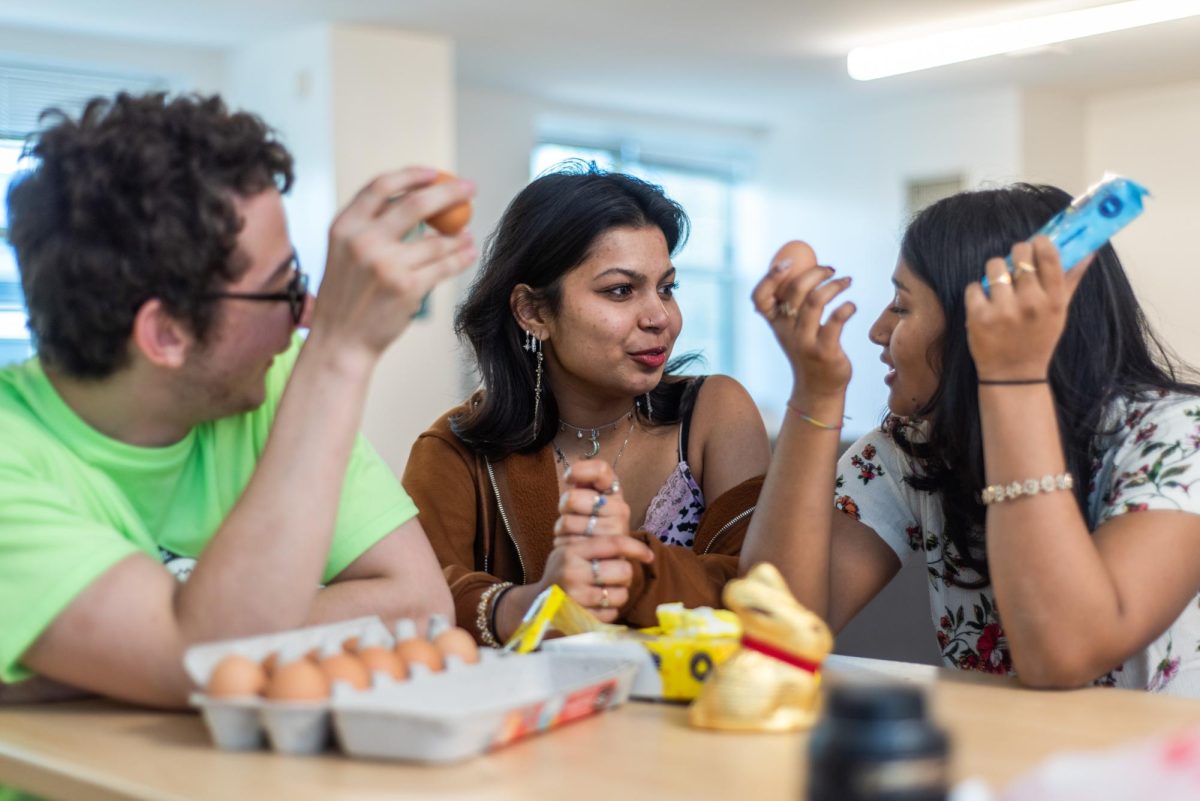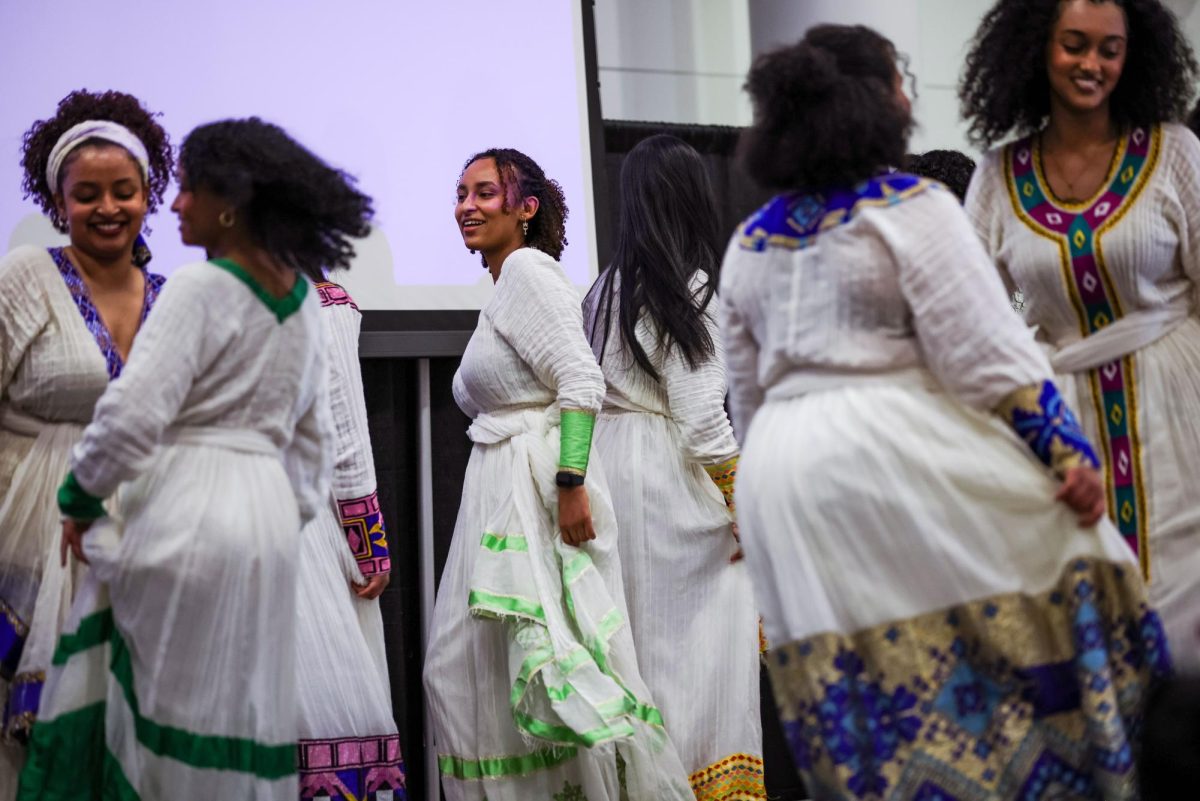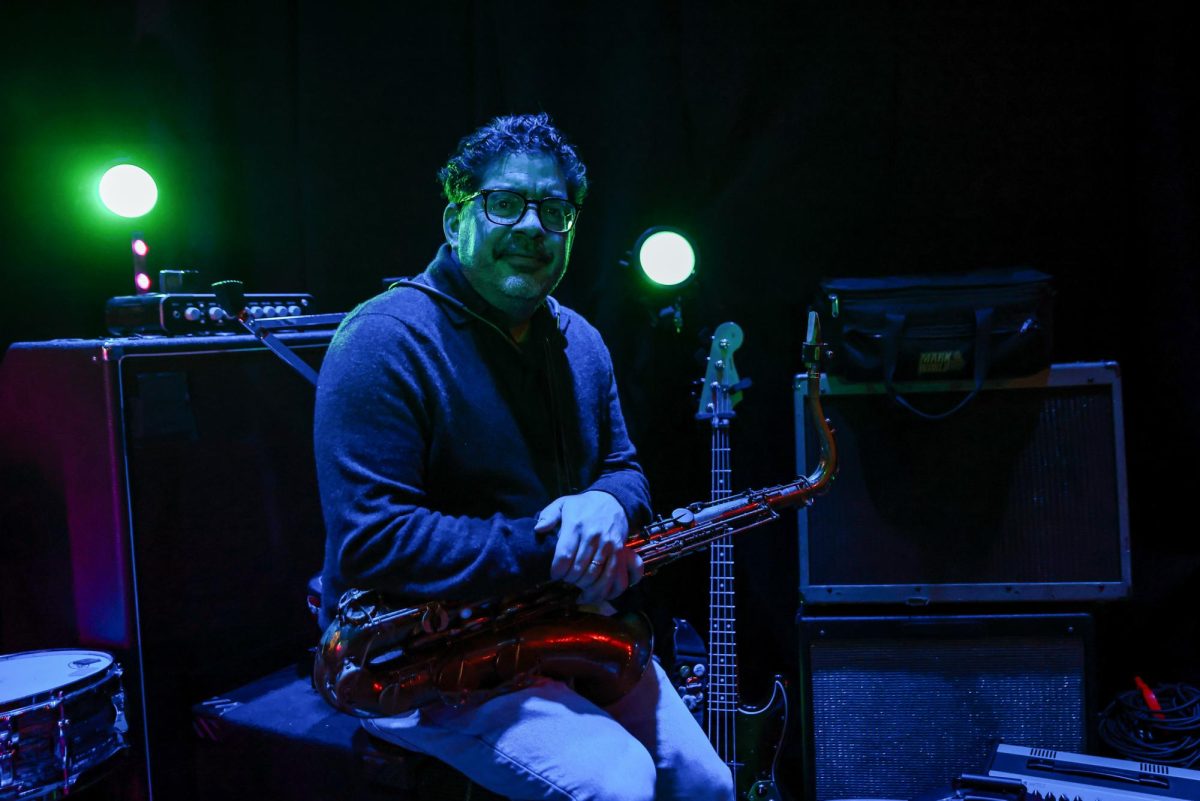With Thanksgiving less than a week away, many students are confronted with the challenge of navigating the holidays with unvaccinated friends and family.
From managing disagreements about vaccines to mitigating the risks of contact with unvaccinated family and friends, there’s a lot to think about if you’re going to traverse the holidays with unvaccinated family members unscathed. We spoke with experts in psychology and epidemiology on tactics to navigate the holiday with loved ones who may not see eye to eye on COVID-19 vaccines.
Here’s what they said:
Gather in a well-ventilated space
The commonly known risks of any gatherings with unvaccinated people are the transmission of the virus between unvaccinated guests or the rare possibility of a breakthrough case. Yet, experts in epidemiology said there are several ways to reduce these risks, including coronavirus testing and physical distancing.
Stephen Morse, a professor of epidemiology at Columbia University’s Mailman School of Public Health, said small indoor gatherings with proper ventilation are “fairly safe.” He said hosts should ensure that their gatherings are well ventilated and have space for distancing if they are expecting unvaccinated guests.
“If you’re fully vaccinated, with some precautions like good ventilation, these are likely to be safer than all the other settings most students will encounter, like stores, transportation and many indoor places,” Morse said in an email.
Avoid contact or insist on testing
George Rutherford, a professor of epidemiology at University of California at San Francisco, said the easiest way to protect yourself from the risks of contact with an unvaccinated friend or family member is to avoid them. He said if staying away from an unvaccinated person is not an option, coronavirus testing, choosing an outdoor setting and not mixing households are other possible methods of reducing risks.
“Avoidism is a really important public health measure,” Rutherford said. “If you’re not going to uninvite them, you just make sure they get tested the morning of.”
Set realistic expectations for social interactions with family
Geoffrey Greif, a professor of social work at the University of Maryland, said there are several mental health benefits of social contact that lead to “longer, happier, healthier lives.”
As students experience in-person holiday celebrations for the first time in two years, he said they should manage their expectations about the holidays.
“The challenge for students and everyone is to lower expectations about what is going to happen,” Greif said. “You can’t cram in the last 18 months or 20 months that people may have missed into one vacation.”
Break up large gatherings into several small get-togethers
Mary McNaughton-Cassill, a professor of psychology at University of Texas at San Antonio, said holidays are important to “remember our past” and “cement our culture,” but traditions can change and be updated for the pandemic.
“Maybe we don’t have a giant family gathering, but different groups of people get together in smaller pieces,” McNaughton-Cassill said. “You could have dinner with the family that’s vaccinated and do something virtual with the ones that aren’t. It’s about thinking outside the box.”
Don’t spar with unvaccinated family members
Maureen O’Reilly-Landry, a clinical psychologist and a founding member of the COVID Psychology Task Force, said students should be understanding of the reasons why family members may choose not to get vaccinated.
She said past experiences with the medical profession and political values are examples of factors that influence one’s willingness to be vaccinated.
“People have their own individual reasons for it,” O’Reilly-Landry said. “It’s not just delusional people getting weird information from the internet.”
She said students should not try to lecture their unvaccinated family members or friends because this may seem condescending and may cause them to “shut down” or respond with hostility.
“Listen and try to understand and let them talk about what their concerns are,” O’Reilly-Landry said. “That might help you to address what their real concern is.”
Have the hard conversations gently and with research to back you up
Asha Shajahan, the medical director of Health Equity and Disparity for Beaumont Health in Michigan, said students should approach conversations with their unvaccinated friends and family with “the three C’s”: compassion, connection and collaboration.
“The biggest thing is people just tell people to get vaccinated and they kind of roll their eyes or they get upset when people don’t want to get vaccinated,” she said. “And instead, if we approach it with a lot more compassion and listening, then it’s going to bring the guard down of the other person and then you’re able to have more of a conversation.”
She said nongovernmental sources, such as universities or hospitals, may be more effective at convincing unvaccinated individuals than governmental sources because unvaccinated individuals may be distrustful of the government.
“I always ask people who are unvaccinated, ‘Would you be okay if I shared with you some of my resources,’” Shajahan said. “If they say ‘Yes, sure,’ then you can sit and navigate each of their sources.”


